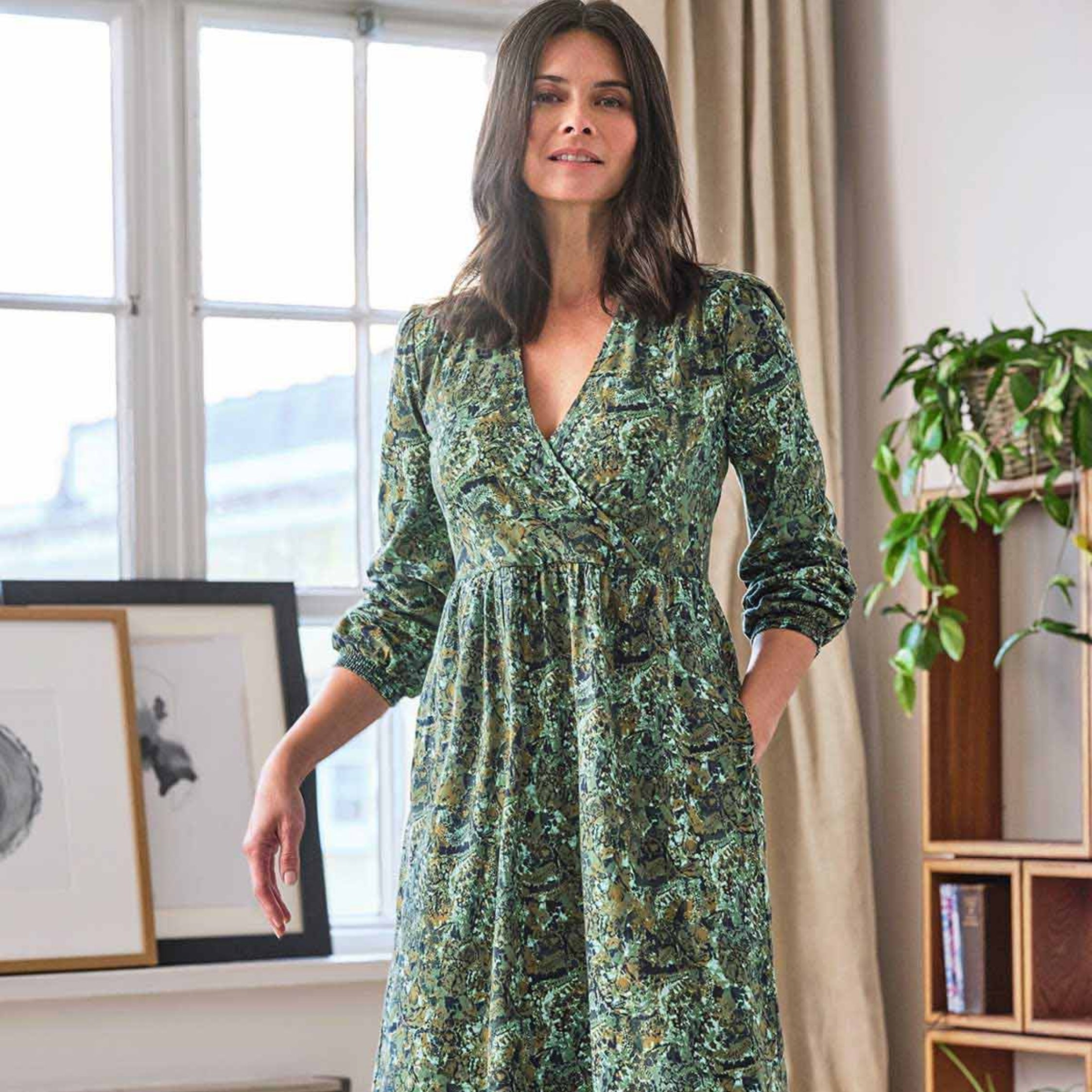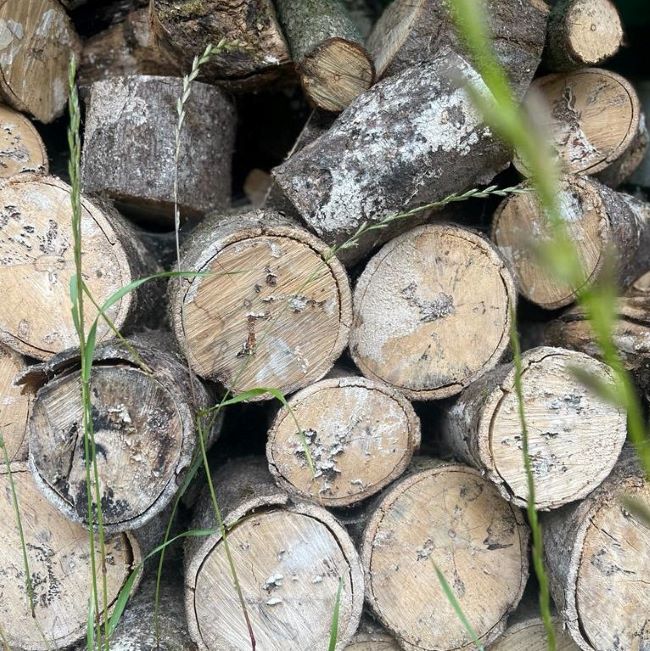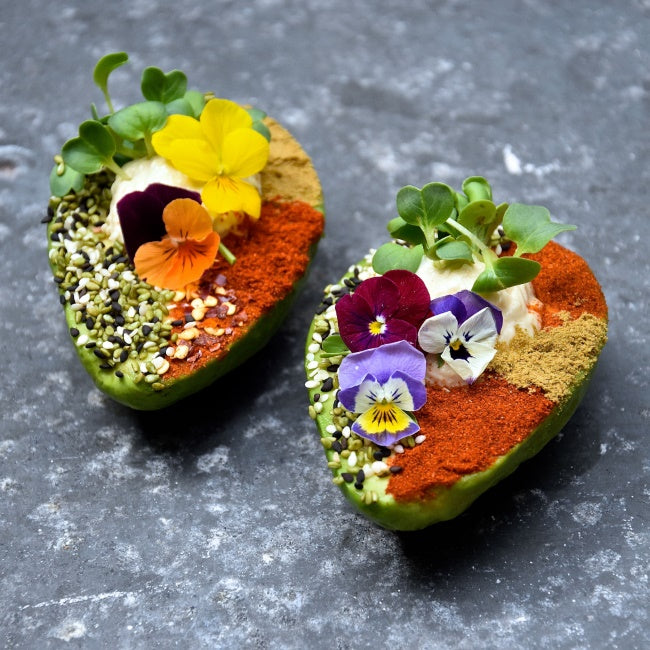
Why we love organic cotton
Our fabrics are so important to us; it’s what makes our Thoughtful Clothing, thoughtful. Here, we take a look into what makes organic cotton the natural, kinder choice for everyone.
There’s a LOT to this force-of-nature fabric, and while we’re simply scratching the surface here, you’ll get a good idea of why organic cotton makes so much more sense…




 What you can do...
What you can do...


Better soil and harvests
Before it’s even planted, the seeds of non-organic cotton are usually treated with genetically modified pesticides and chemicals whereas organic cotton seeds, are not. This means that right from the beginning, the seeds can grow naturally. Compost and manure are used to help the plant grow as nature intended. This also helps enrich soil quality – a far cry from the synthetic fertilisers and toxic pesticides used on conventional cotton, which inevitably find their way into rivers and wildlife.It helps farmers and their families
Better quality soil brings a better harvest, so a bigger income. When it’s time to harvest organic cotton, farmers can plant other crop varieties (known as ‘crop rotation’) to improve soil structure and restrict the build-up of pests and weeds. Often, Cowpea, ‘Lab Lab’, or other edible bean-producing plants are sewn in-between cotton. So even when crops are rotated, a sellable end product is grown so farmers earn a steady income.
It helps fight climate change
There’s no denying that climate change is an enormous concern. So as organic farming releases less carbon dioxide into the environment, it’s automatically better for the atmosphere. Choosing organic cotton means you too are doing your bit towards climate change.Better factory conditions
Part of the social criteria that organic certified cotton must meet is not too dissimilar to our Code of Conduct. Factories spinning the fibre and manufacturing clothing must employ people on their own free will, have ‘zero tolerance’ towards child labour and pay living wages. Get the full lowdown on the GOTS website.
Better end garments
When care is show to all involved in the growth and manufacture of organic cotton, a better-finished piece of clothing is the result. Organic cotton is usually higher in quality and silky soft on the skin – thanks to zero harsh chemicals. Nothing can beat the peace of mind you get when you know your clothing has been made ethically right from the beginning.Kinder on your skin
It goes without saying that cotton grown without any genetic modification, harsh chemicals or nasty pesticides is automatically better for your skin. Think of it this way – we carefully consider what we eat, the beauty products we use, so why should we wear clothes that have been made using toxic, people and planet damaging substances and methods?
We only use certified organic cotton
Organic cotton certification happens at the stage when the harvested cotton plant is carefully spun into fibre. The Global Organic Textile Standard (GOTS) only certifies fibres as organic when strict environmental and social criteria have been met. You can read all about these and the certification process here. Rest assured that all of the cotton fibre we use has been GOTS certified organic. What you can do...
What you can do...
Commit to buying only organic cotton
Look for The Global Organic Textile Standard (GOTS), Soil Association, and/or ‘OE’ symbols on clothing labels when shopping. Or try our Thoughtful Clothing.Care for organic cotton with kindness
You may be unaware that fabric conditioner really isn’t good for your clothes. It puts a film-like ‘barrier’ on fibres that stops their natural properties from working – like organic cotton’s cooling abilities. We think fabric conditioner really isn’t necessary– especially with organic cotton as it softens wear, after wear. If you do want to use it, swap the conventional stuff for this DIY planet-friendly option from Wendy of Moral Fibres.Spread the world about organic cotton!
Help educate your friends and family on how organic cotton is a natural, better alternative to regular cotton – sharing this blog post with them is a good place to start! Find this interesting? Support sustainable fabrics in other ways? Drop us a note on Facebook or Twitter – we’d love to hear from you.





